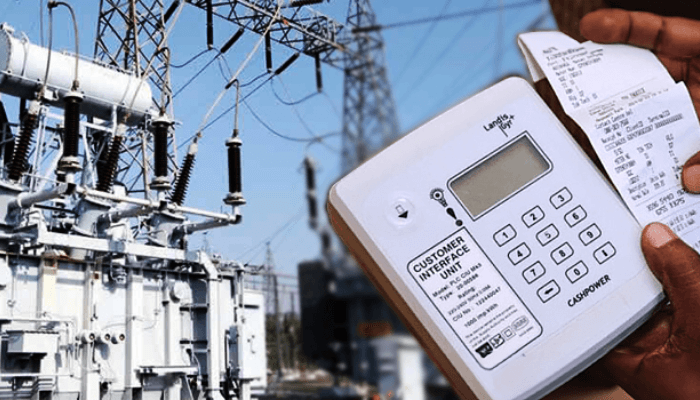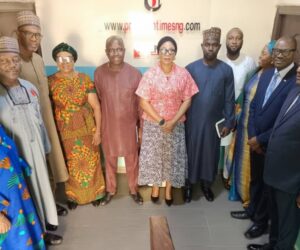Abdu Bello, the managing director of the Nigerian Independent System Operator (NISO) on Thursday, said that high inflation rate, unemployment, and floatation of the Naira, which has led to decline in purchasing power, have eroded the capacity of many Nigerians to pay higher electricity tariffs.
Bello stated this at the 2025 Annual Conference of the Power Correspondents Association of Nigeria (PCAN) in Abuja. He noted that millions of households in Nigeria still lack access to reliable electricity and for many, connection to the grid does not guarantee supply, and for others, the cost of energy remains beyond reach.
Bello also emphasised that without cost-reflective tariffs, power utilities company cannot recover costs as investors cannot commit capital and electricity infrastructure will continue to deteriorate.
“The real question, therefore, is not whether we should have cost-reflective tariffs, but how to achieve them in a way that preserves affordability and protects the most vulnerable among us.
“Finding that balance requires thoughtful, multidimensional strategies. First, we must embrace targeted subsidy mechanisms that reach the truly vulnerable, rather than blanket subsidies that distort market signals and sustain inefficiency. Properly designed lifeline tariffs and data-driven welfare-linked rebates can provide real protection for low-income consumers while allowing the market to function efficiently.”
Bello also explained that while the tariff framework provides a transparent methodology based on key variables such as exchange rate, inflation, and gas price, political and social considerations have often led to tariffs that remain below actual cost levels.
This, he said has often led to a system that struggles to attract investment, sustain operations, and deliver the level of service that Nigerians rightly expect, adding that tariff design is not merely a mathematical exercise; it is the heartbeat of the power sector.
He explained that adopting a tariff design determines whether utilities can recover their costs, whether investors can see credible returns, and whether consumers can afford to remain connected.
For Bello, there is need for the Nigerian power sector to confront inefficiency head-on by reducing technical, commercial, and collection losses is one of the fastest ways to relieve pressure on tariffs.
“At its core, the tariff question is about finding the equilibrium between commercial sustainability and social fairness between ensuring that our operators remain viable and ensuring that no Nigerian is pushed further into energy poverty,” he said.
In his remarks, Obas Esiedesa, chairman, Power Correspondents Association of Nigeria (PCAN), said more than a decade after the privatization of the power sector, balancing tariff remains a formidable challenge, noting that the power sector is still weighed down by an estimated N6 trillion debt owed by the federal government to power generation companies.
“A massive liquidity gap across the value chain, gas supply shortages, aging and weak transmission infrastructure, and rising foreign exchange costs that threaten investments and operations. While operators demand cost-reflective tariffs as a condition for viability, millions of Nigerians continue to live in darkness or rely on expensive self-generation.”
Esiedesa explained that while over 40 percent of the Nigerian population lack access to electricity, those who do have access are often confronted with high tariffs, poor service delivery, and estimated billing, leading to frustration and declining public trust.
Read also: Former NERC chairman kicks against electricity Act amendment, urges patience, stability
Stressing the need for cost-reflective tariffs, Esiedesa said the sector must achieve a fair, transparent, and socially responsible pricing framework that balances economic sustainability with public welfare.
“As journalists who follow this sector closely, we at PCAN understand that electricity pricing is more than a technical or economic issue — it is at the heart of Nigeria’s development, productivity, and quality of life. That is why this conference continues to serve as a neutral and solutions-driven platform for engagement among all stakeholders.
“Since the first edition, the PCAN Conference has remained committed to promoting informed dialogue, accountability, and evidence-based reporting on Nigeria’s power sector. This fifth edition builds on that legacy, focusing on practical pathways toward a just energy transition and inclusive power access for all Nigerians,” he added.









